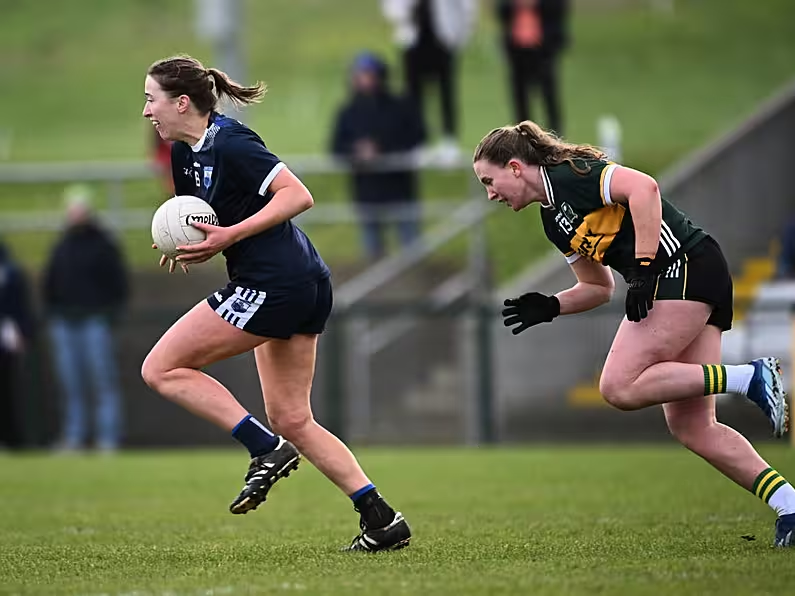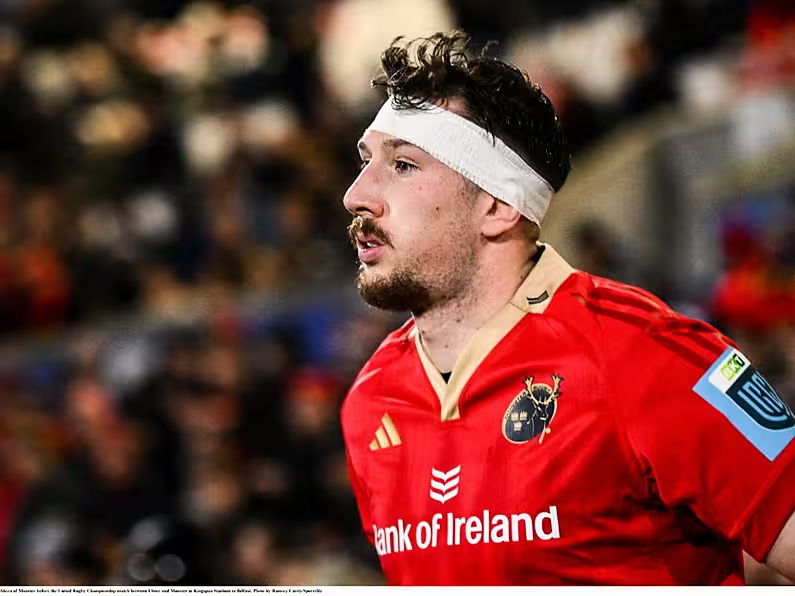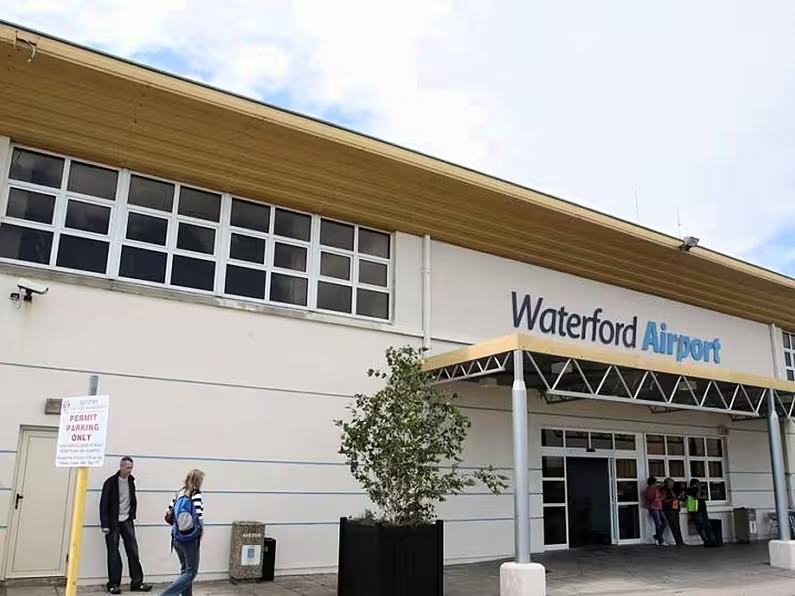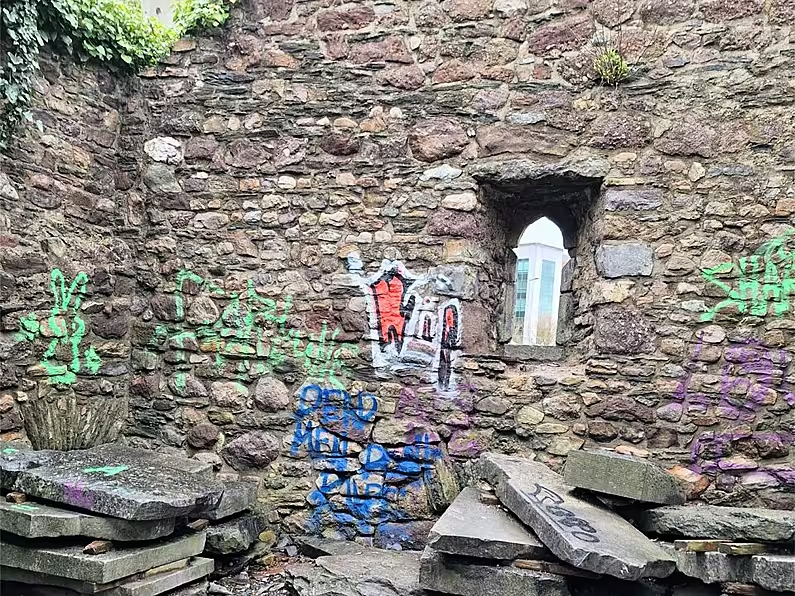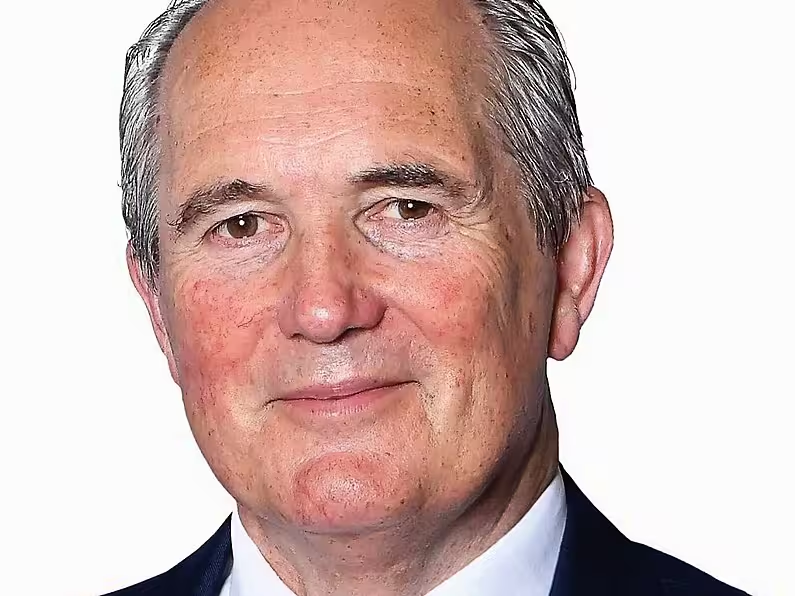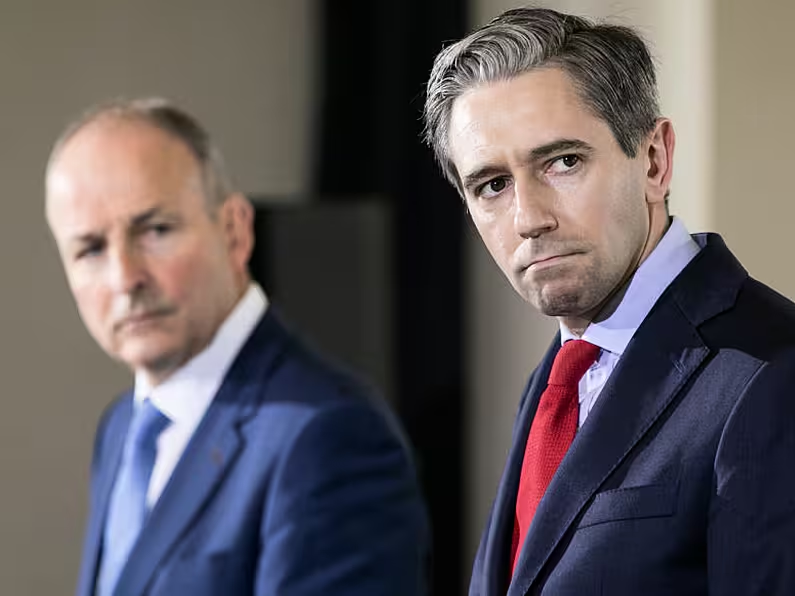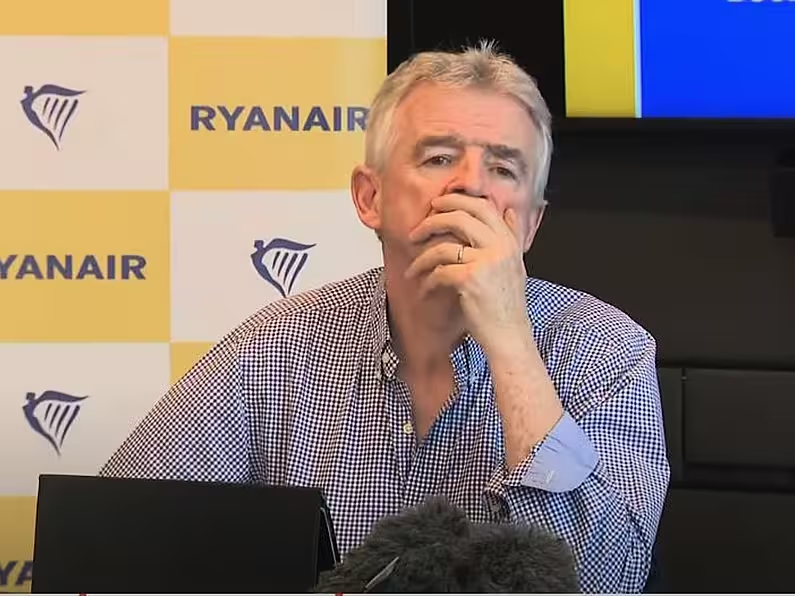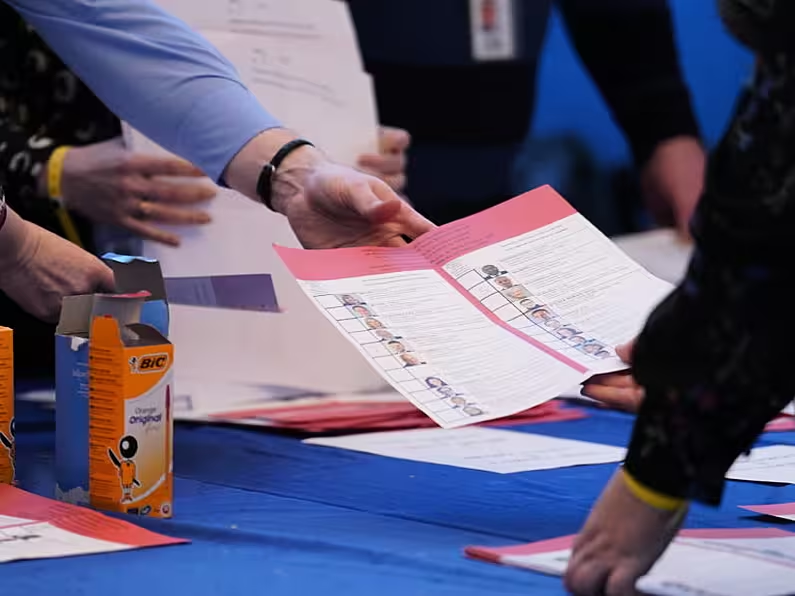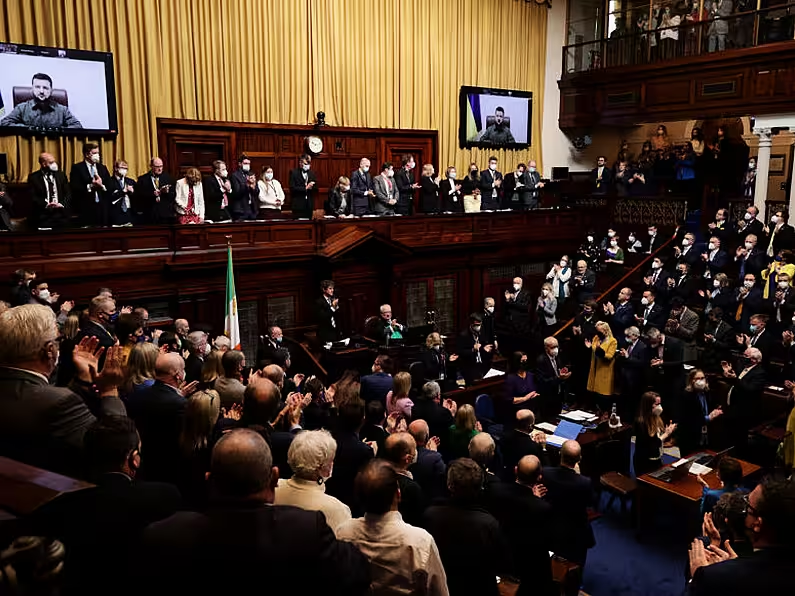By James Ward, David Young and Jonathan McCambridge, PA
Families of Ballymurphy victims shot by the British Army 50 years ago have criticised suggestions that the UK government is seeking to prevent historic prosecutions of military veterans.
The Queen’s Speech on Tuesday did not contain a Bill on legacy investigations, but a proposed new system is expected to focus on “information recovery and reconciliation” rather than criminal prosecutions which are unlikely to succeed.
The proposal, arriving on the same day as the verdict in the Ballymurphy inquest, has been heavily criticised by victims’ families.
John Teggart, whose father Danny was shot by a soldier in August 1971, said an amnesty would deny families like his the “opportunity for justice”.
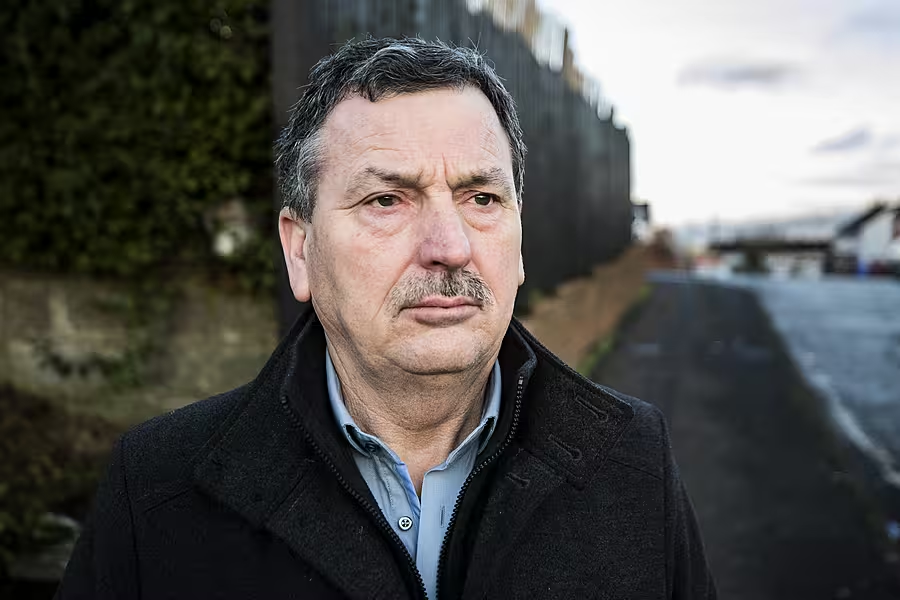
He added: “I want to speak directly to the people of Britain at this moment. Can you imagine what would happen if the British soldiers murdered 10 unarmed civilians on the streets of London, Liverpool or Birmingham?
“What would you expect, an investigation? Would you expect justice? Or would you be happy for them to get an amnesty?”
He added: “No-one should be above the law. We will not accept an amnesty for these murders.
“Amnesties are for people who are afraid of the truth. If the British Government is so proud of their legal system, why do they not trust it?
“Every victim should have the right to pursue justice.”
Breige Voyle, whose mother Joan Connolly was shot by a soldier in Ballymurphy in 1971, has called for the disbandment of the Parachute Regiment.
Ms Voyle said this was the same regiment that “murdered innocent people in the streets in Derry a few months later”.
“They are a combat force, not peacekeepers, they have blood on their hands,” she said.
“They came here to wreak havoc killing and maiming wherever they went and then were given medals for their crimes.
“Their regiment is a disgrace and should be disbanded.”
Maura McGee, another daughter of Joan Connolly, said: “I don’t agree with an amnesty for anybody.
“I think you have to go where the evidence leads you and if the evidence shows there was foul play whether you were wearing a uniform or a paramilitary uniform or you were wearing a T-shirt and jeans – if you killed someone you should answer for it.”
Solicitor for the Ballymurphy families Padraig O Muirigh said he had not seen the proposals in the Queen’s Speech but described any suggestion of an amnesty as “disgraceful”.
He said: “Any suggestion of an amnesty for soldiers is a disgraceful derogation of commitments.
“It won’t be any great surprise to the families who have been treated with contempt by the British Government for so long and they would argue there was already a de-facto amnesty in place during the conflict. The coroner commented quite a bit on the lack of investigations.
“No great shock but that does not make it any less disgraceful.”
Speaking in the Dáil, Taoiseach Micheál Martin criticised plans by the UK Government to end legacy investigations in Northern Ireland outlined in the Queen’s Speech.
He said: “We’re very, very clear on this. The legacy of violence remains a deep wound.
“It must be dealt with, but the framework for dealing with it is in the Stormont House Agreement, that was agreed by the two governments and all the political parties.”

Minister for Foreign Affairs Simon Coveney said the verdict in the Ballymurphy inquest highlighted the need for full investigations into legacy killings.
He said: “The deaths at Ballymurphy were part of the tragic legacy of the Troubles which saw the loss of over 3,500 lives from all communities.
“Every family bereaved in the conflict must have access to an effective investigation and to a process of justice regardless of the perpetrator. All victims’ families deserve support in securing all the information possible about what happened to their loved ones.
“Only through a collective approach can we hope to deal with these issues comprehensively and fairly, and in a way that responds to the needs of victims and survivors, and society as a whole.”





